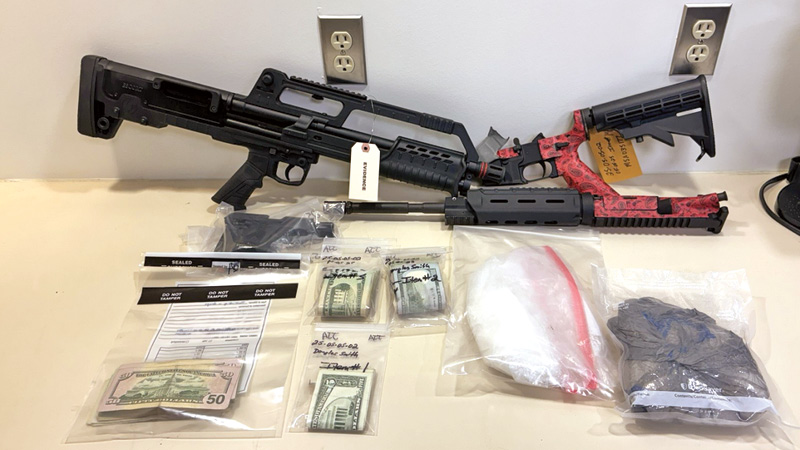NFLPA warns players of possible lockout planned for 2011
Published 12:59 am Tuesday, August 18, 2009
TERRE HAUTE, Ind. — NFL officials insist they want a new labor deal.
The players association is convinced league owners are after something else: A lockout in 2011.
NFLPA executive director DeMaurice Smith told reporters at the Colts’ training camp Monday morning that he expects owners to impose a lockout in two years and has begun advising players on how to prepare for it.
‘‘They want to lock us out in 2011, so our drop dead date is when our players say ’What do I do when my family needs health care?’ ‘‘ Smith said while making the latest stop on his league-wide tour. ‘‘All of us are sitting back waiting to hear why they walked away from a deal that generated $8 billion.’’
Apparently, players are listening.
Three-time Pro Bowl center Jeff Saturday, the Colts’ player representative, acknowledged he has spoken with teammates about the need to save more money now.
Pittsburgh quarterback Charlie Batch said earlier this month that he also has spoken with teammates about the possibility of losing benefits such as health insurance and 401(k) retirement plans if there is a work stoppage.
And Tennessee center Kevin Mawae, NFLPA president, has joined the chorus.
‘‘In the event that there is a lockout, it makes sense. It’s the smartest thing to do,’’ he said last week. ‘‘Obviously, we don’t want it to get to that point but we want our players to be prepared.’’
But league spokesman Greg Aiello tamped down the prognostications.
‘‘We are preparing to negotiate a new agreement,’’ Aiello said. ‘‘We have had two meetings with NFLPA leadership, and we expect to have more. But we have at least two seasons of football left before the contract expires.’’
The original collective bargaining agreement was to run through 2013. Owners opted out of the deal in May 2008, citing economic problems that send nearly 60 percent of revenues to the players — a number owners call excessive. Many teams as well as the league office have laid off employees over the past year.
If no agreement is reached by March, the 2010 season will be the first without a salary cap since 1993 and could lead to more uncapped years.





